#Isao Takahata
Photo
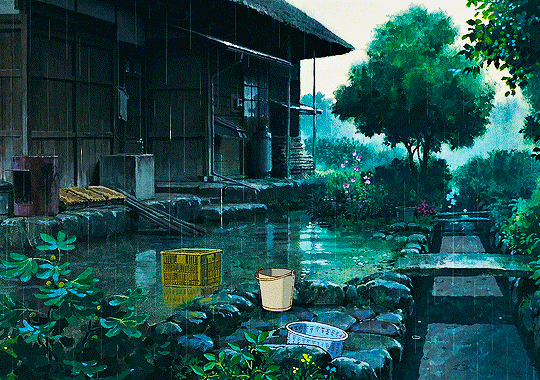
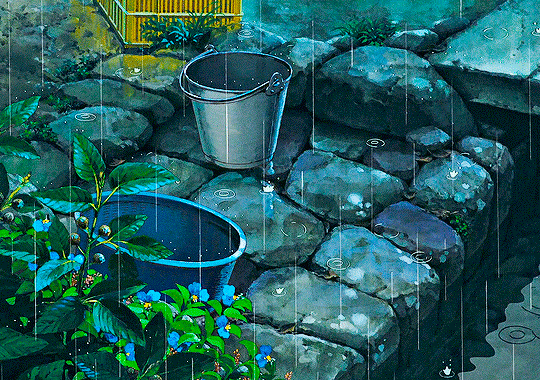
ONLY YESTERDAY (おもひでぽろぽろ)
1991, dir. Isao Takahata
11K notes
·
View notes
Text

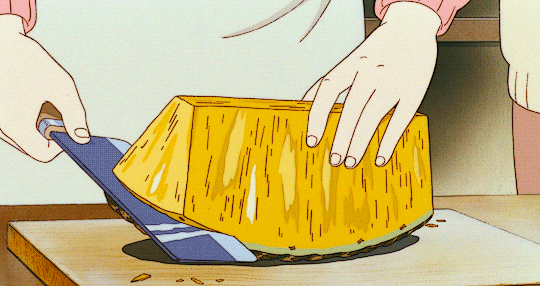


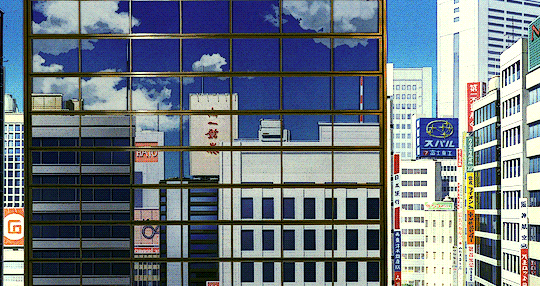
ONLY YESTERDAY ‘おもひでぽろぽろ’
dir. Isao Takahata
#only yesterday#studio ghibli#isao takahata#anime#animation#drama#animeedit#filmedit#filmgifs#moviegifs#fyeahmovies#ghiblisdaily#ghiblicentral#ours#arina
1K notes
·
View notes
Photo
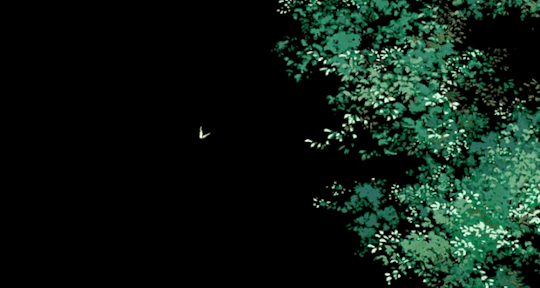
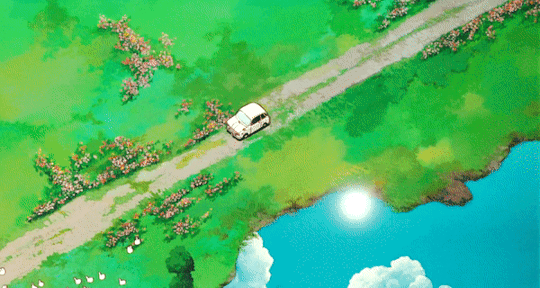


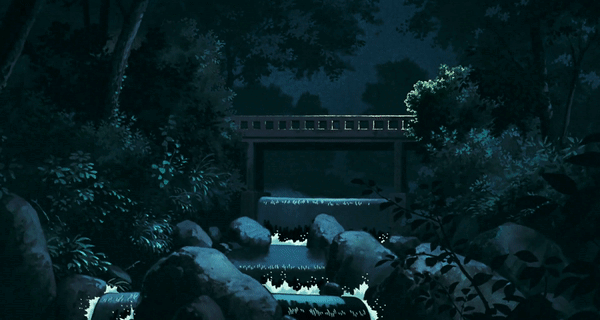
ONLY YESTERDAY (1991)
Directed by Isao Takahata
#s.og#s.gif#a#m#ghibli#only yesterday#studio ghibli#Isao Takahata#omoide poro poro#recuerdos del ayer#90s#90s anime#90s movies#1991#scenery#nature#anime movie#ghiblisdaily#dailystudioghibli#dailyflicks#dailyanime#dailyghibli#ghibliedit#studioghibliedit#movies#movieedit
3K notes
·
View notes
Text
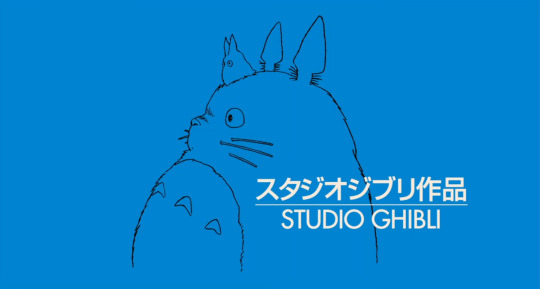

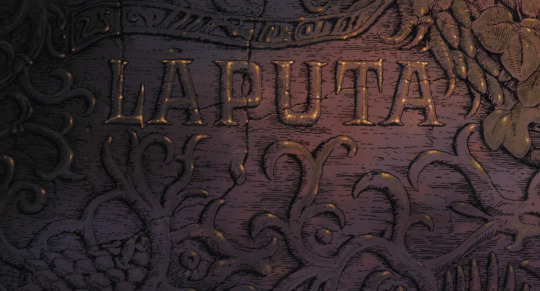
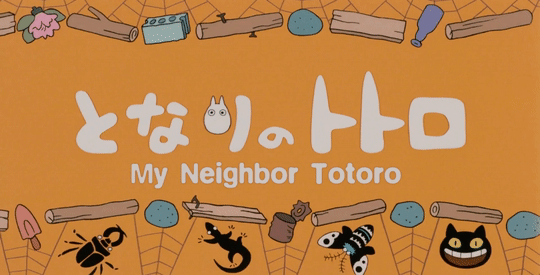
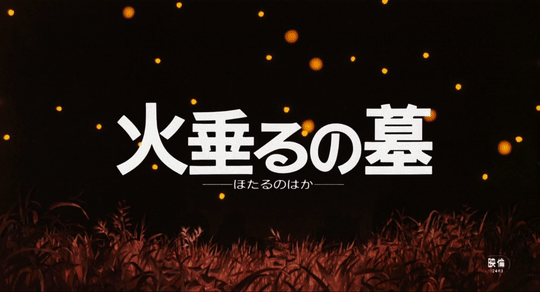


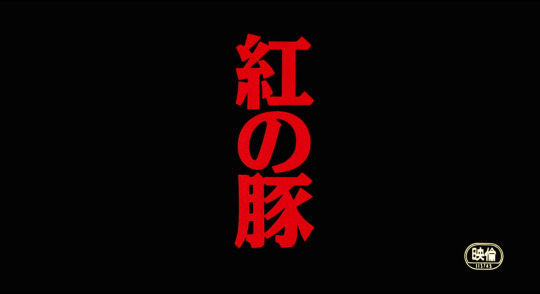

Studio Ghibli Title Cards, Part 1
"Nausicaä of the Valley of the Wind" ("Kaze no tani no Naushika") (1984)
Directed by Hayao Miyazaki
(Anime/Adventure/Sci-Fi)
.
.
"Laputa: Castle in the Sky" ("Tenkuu no Shiro Laputa") (1986)
Directed by Hayao Miyazaki
(Anime/Adventure/Fantasy)
.
.
"My Neighbor Tortoro" ("Tonari no Totoro") (1988)
Directed by Hayao Miyazaki
(Anime/Comedy/Fantasy)
.
.
"Grave Of The Fireflies" ("Hotaru no haka") (1988)
Directed by Hayao Miyazaki
(Anime/Drama/War)
.
.
"Kiki's Delivery Service" ("Majo no takkyûbin") (1989)
Directed by Hayao Miyazaki
(Anime/Fantasy)
.
.
"Only Yesterday" ("Omohide poro poro") (1991)
Directed by Isao Takahata
(Anime/Drama/Romance)
.
.
"Porco Rosso" (1992)
Directed by Hayao Miyazaki
(Anime/Adventure/Comedy)
.
.
"Ocean Waves" ("Umi ga kikoeru") (1993)
Directed by Tomomi Mochizuki
(Anime/Drama/Romance)
#studio ghibli#hayao miyazaki#tomomi mochizuki#isao takahata#porco rosso#kiki's delivery service#grave of the fireflies#my neighbor totoro#ocean waves#only yesterday#Nausicaä of the Valley of the Wind#laputa castle in the sky#cinema title cards#cinema#film#anime#fantasy
637 notes
·
View notes
Text

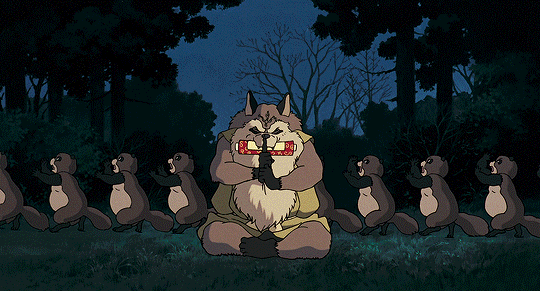
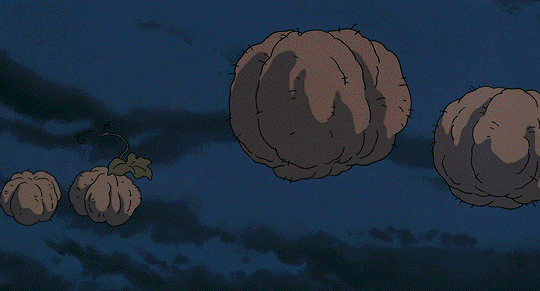



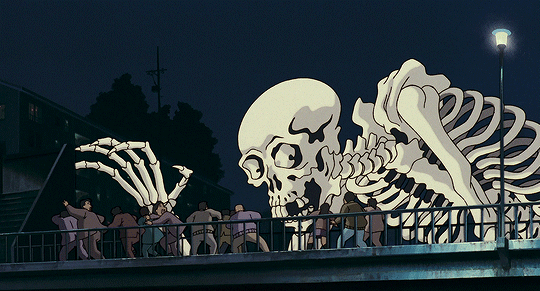
Pom Poko (1994) directed by Isao Takahata
912 notes
·
View notes
Text
Bulgarian Music in Studio Ghibli films
”Myth has it that Orpheus was born in what is now Bulgaria. It seemed to be fact, not myth, that his daughters are still singing there”
These words were written by the New York Times in the remote 1963 — the year in which the largest Bulgarian folk ensemble crossed the Iron Curtain to conquer an entire continent with its cosmic art.
The 1975 release of Le Mystère des Voix Bulgares, a compilation album of modern arrangements of Bulgarian folk songs, further popularized Bulgarian music, and in 1977, a vinyl record featuring the folk song “Izlel ye Delyo Haydutin” (Eng: Come out rebel Delyo) began its journey aboard the Voyager 1 and Voyager 2 spacecrafts.
From this point on popularity from the West spread to the East, and Bulgarian folk music made it to the entertainment industry, including legendary Japanese anime films, like the cult cyberpunk “Ghost in the Shell” or the heartwarming Studio Ghibli features.
In this short article I write about two occasions of Bulgarian music playing in Studio Ghibli’s films.
The record that inspired the creation of “Only Yesterday”
“Only Yesterday” is a 1991 Japanese animated drama film written and directed by Isao Takahata, based on the 1982 manga of the same title by Hotaru Okamoto and Yuko Tone. Set in rural Japan, the film draws parallels with the peasant lifestyle present in Eastern Europe.
The original work is a compilation of short stories about 11-year-old Taeko’s daily life in 1966. Director Takahata had a hard time making it into a movie since the manga, told in the form of a memoir, has no plot to hold a feature. Together with producer Toshio Suzuki, they came up with the solution of bringing the narrator of the story, adult Taeko, into the movie. But there is a curious anecdote about how this idea came to mind.
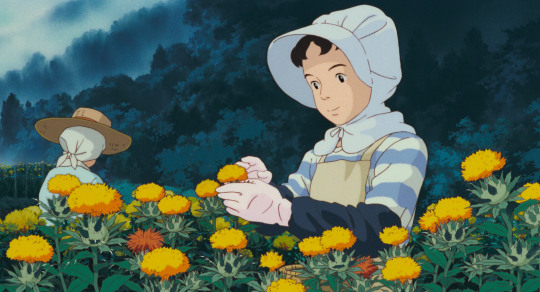
Taeko picks safflower as the Bulgarian song “Malka moma dvori mete” plays in the background. © Studio Ghibli
In a 2021 interview with students from Sofia University St. Kliment Ohridski, producer Suzuki recounts how a record of Bulgarian songs performed by the children choir “Bodra Smyana”, introduced to him by director Takahata, inspired the creation of the movie. Moved by the cosmic voices of the children, they decided to make “Only Yesterday” a musical. He also recalls what a tiring process it was to acquire the rights to the music, but if you’ve seen the movie, I am sure you will agree that it was worth it; the haunting, beautiful songs with the pastoral images of farmers picking flowers contribute to one of the greatest scenes created in cinema.
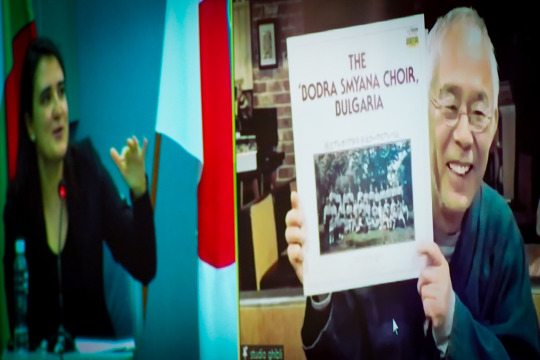
Producer Suzuki showing the record that inspired the creation of ”Only Yesterday”. Source: Studio Ghibli’s Twitter
In “Only Yesterday”, we can hear two songs from the album Bulgarian Polyphony I by Philip Koutev Ensemble. The upbeat “Dilmano Dilbero” [Eng. beautiful Dilmana] sets a happy mood as the protagonist gets changed and ready to go on the field. As the scene shifts and Taeko starts narrating a sad story about the girls in the past picking safflower with their bare hands, the song and mood shift as well.
While the first song has a fast rhythm, with lyrics about pepper planting that can also be interpreted figuratively, the second one, “Malka Moma Dvori Mete” [Eng., a little girl sweeps the yard], is a ballad about a young girl who is forced into marriage but has never known true love.
Both compositions sing about life-cycle events like marriage and the regular coming of the harvests, with lyrics perfectly fitting the setting and plot of the movie, which makes me wonder if the filmmakers chose them by chance or if they had someone translate the words.
Bulgarian Cosmic Voices Enchanting Howl
“Howl’s Moving Castle” is a 2004 Japanese animated fantasy film written and directed by Hayao Miyazaki, loosely based on the 1986 novel of the same name by British author Diana Wynne Jones. Set in a fictional kingdom the movie draws inspiration from various places in Europe. One of them being Bulgaria.
The story focuses on a young girl, named Sophie, magically transformed into an old woman, and a self-confident but emotionally unstable young wizard, Howl, living in a magical moving castle.
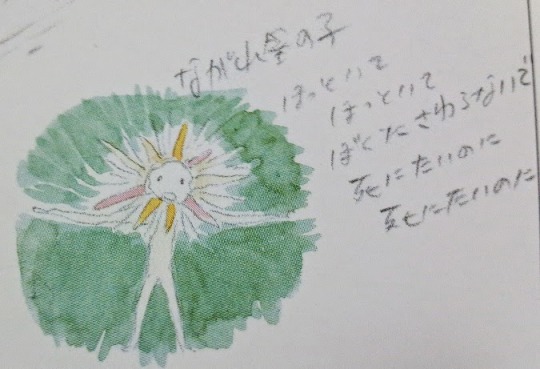
A sketch of a Star Child. Source: The Art of Howl’s Moving Castle
If you’ve seen the movie, you surely remember the scene when Madame Suliman ambushes Howl and tries to strip him of his magic powers. Star Children encircle him and his companions; their shadows grow big, dark and intimidating. They start dancing and chanting unintelligible magic words and are almost successful in their devilish act.
This scene, together with the music played in the background, have been a favourite of many fans of the film. Some even recount it giving them nightmares when they were children.
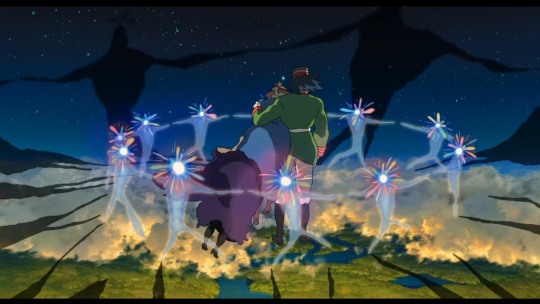
Star Children encircle Howl in an attempt to strip him of his magic powers. © Studio Ghibli
It turns out, however, that these aren’t any incantations, but the lyrics of a folk song. In Bulgarian. And a love song! Contrary to popular belief, the lyrics have nothing to do with magic and are actually about a boy taking his sweetheart, Dona, to the market to buy her new clothes. The excerpt used in the movie is very short and a bit altered from the original, but the words used go like this: Trendafilcheto, kalafercheto, Done mamino, translated as “the rose, the costmary, my darling Dona”.
I am planing a follow up article where I will post the translated lyrics together with a brief explanation on how they are related to the movies.
If you want to comment on or add something, I would love to hear!
Source
#studio ghibli#only yesterday#howls moving castle#Le Mystère des Voix Bulgares#bulgarian folklore#bulgaria#toshio suzuki#hayao miyazaki#isao takahata#bulgarian music in ghibli films#the boy and the heron#スタジオジブリ#ブルガリア#おもひでぽろぽろ#ハウルの動く城#宮崎駿#高畑勲#鈴木敏夫#bulgarian music
578 notes
·
View notes
Text
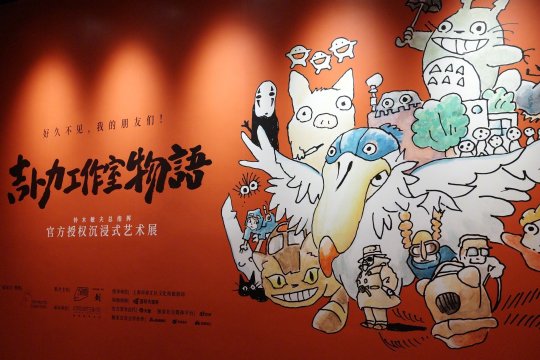
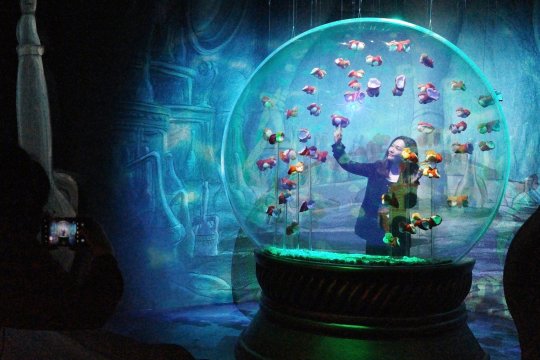

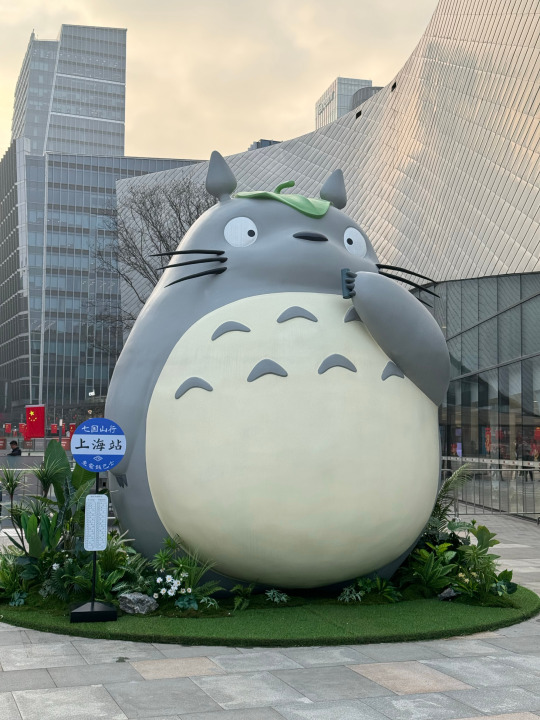


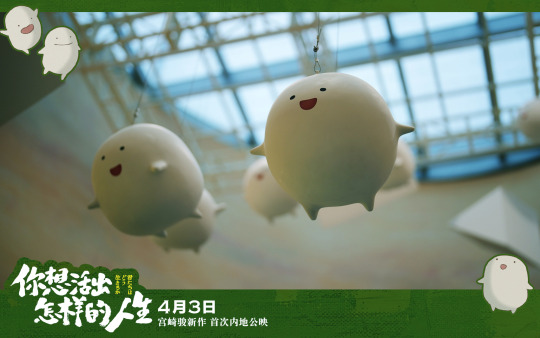



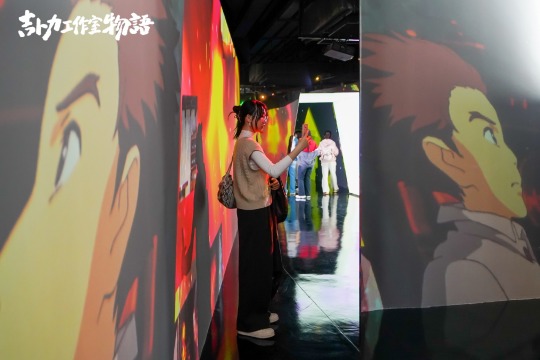
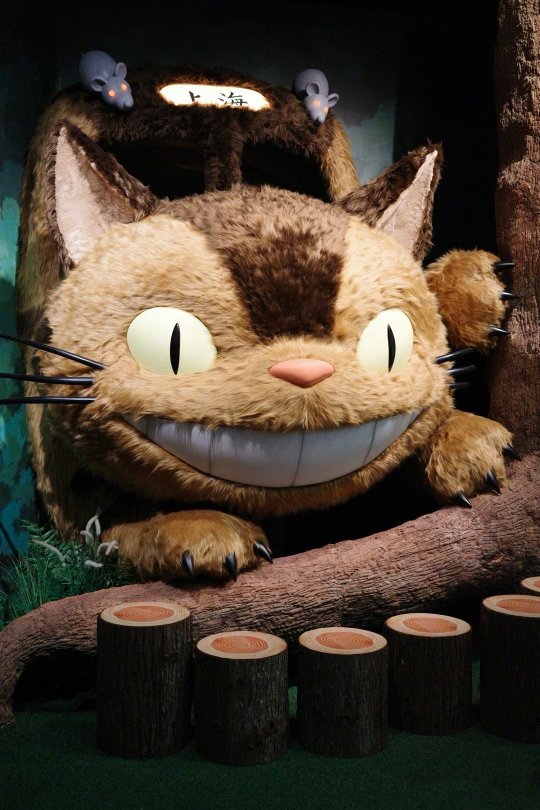
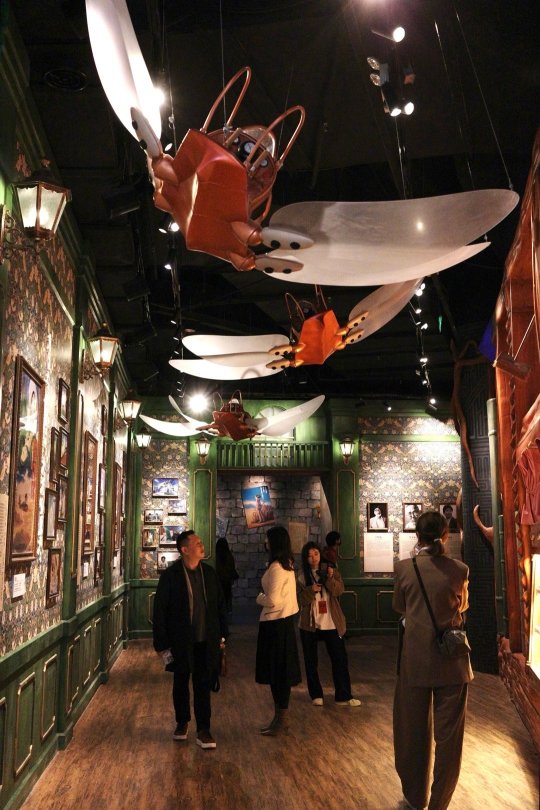


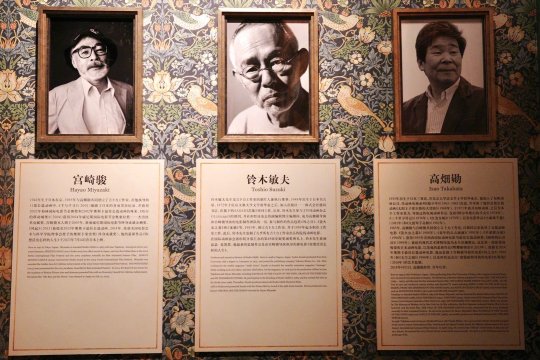
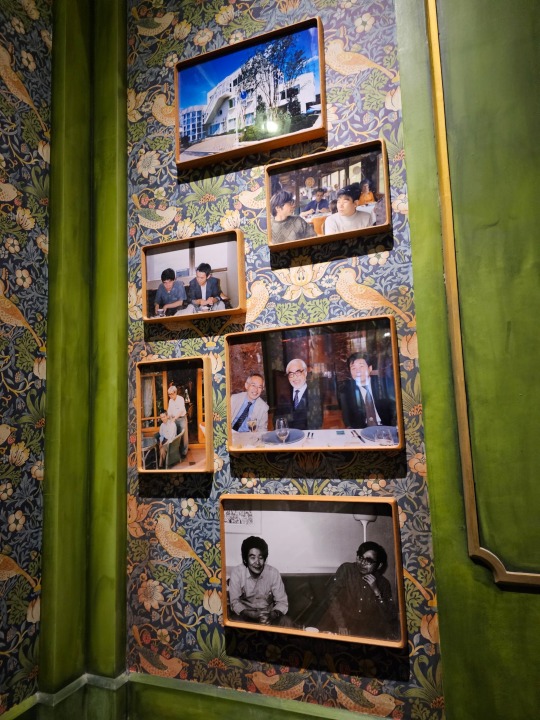
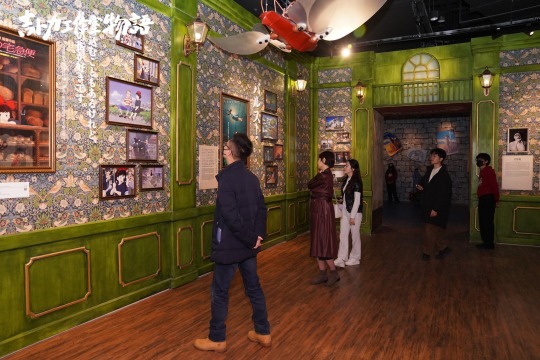
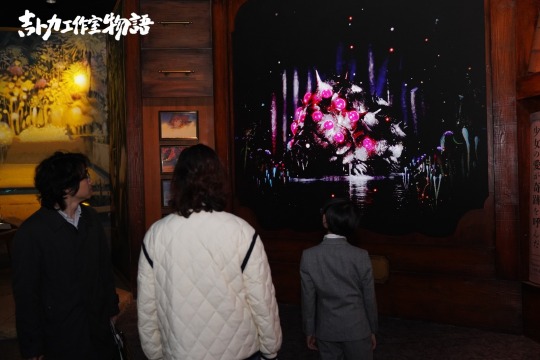


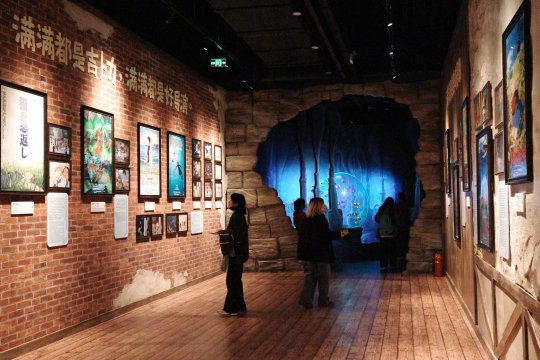


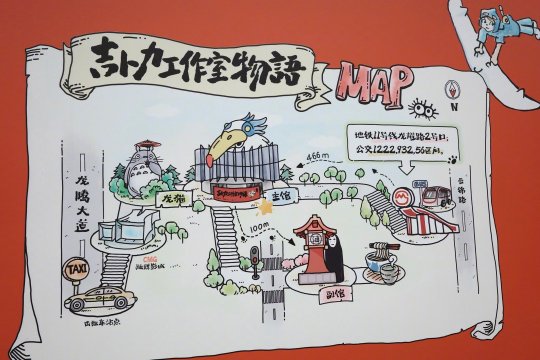

A look at "Studio Ghibli Story" exhibition (Shanghai, China).
333 notes
·
View notes
Text
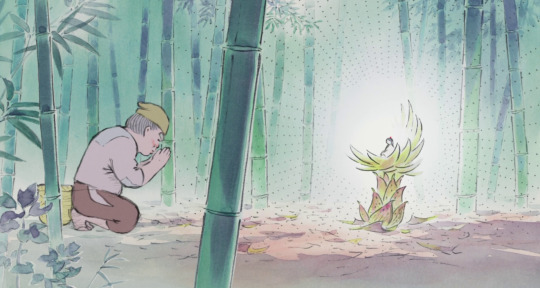




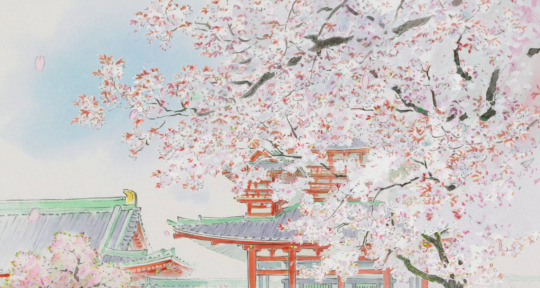
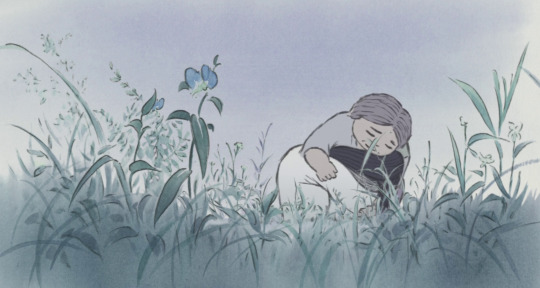
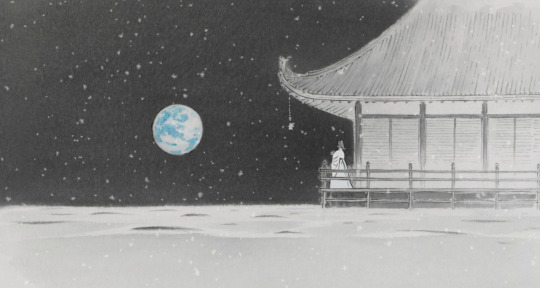

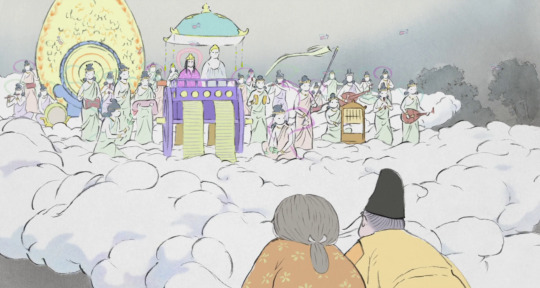
The Tale of the Princess Kaguya (2013) | dir. Isao Takahata
#the tale of the princess kaguya#isao takahata#studio ghibli#ghibli#films#movies#anime#scenery#screencaps
235 notes
·
View notes
Photo
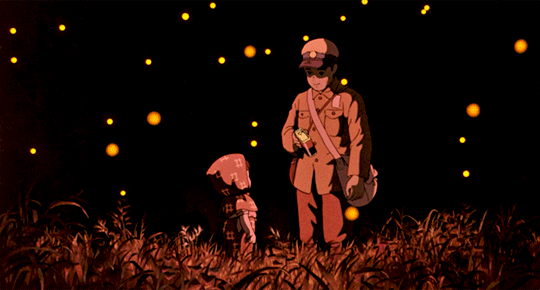

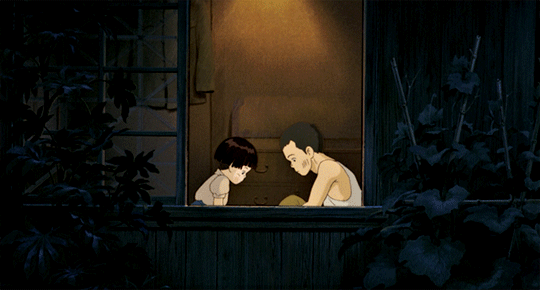
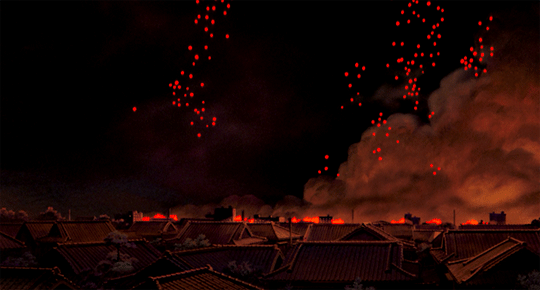
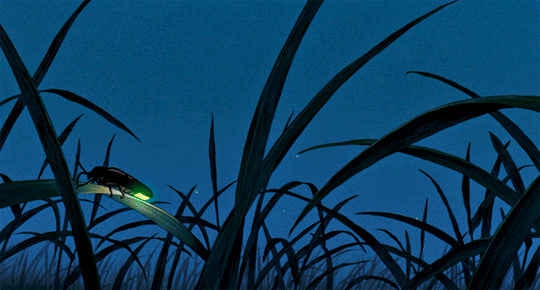

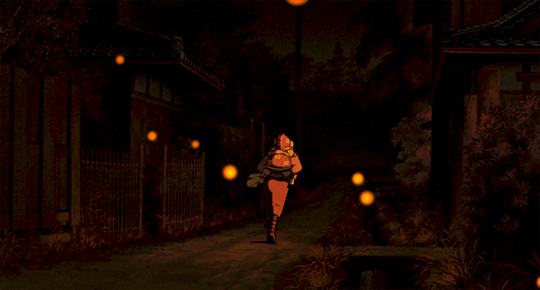
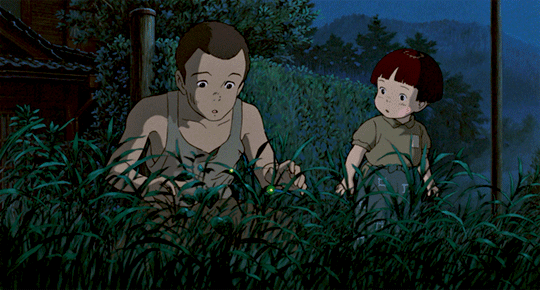
Then, I'll never ever leave. I'll always be with you.
GRAVE OF THE FIREFLIES (1988) dir. Isao Takahata
#*#gifs#grave of the fireflies#studio ghibli#isao takahata#filmedit#dramaedit#animationedit#filmgifs#userarina#userbamf#userteri#by kumi
2K notes
·
View notes
Text
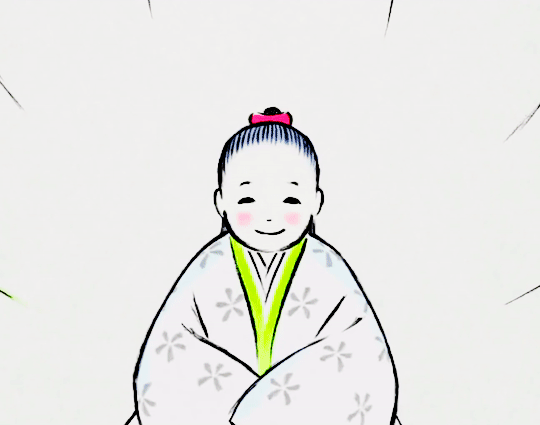
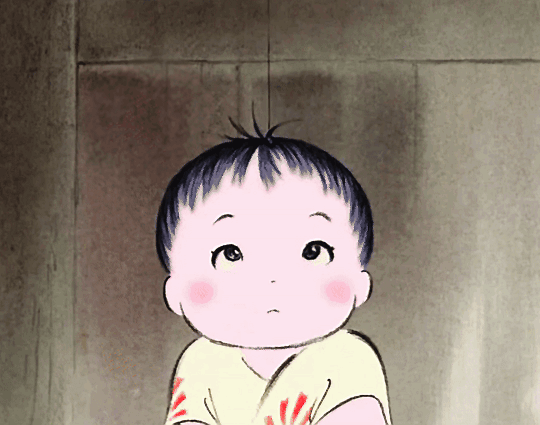
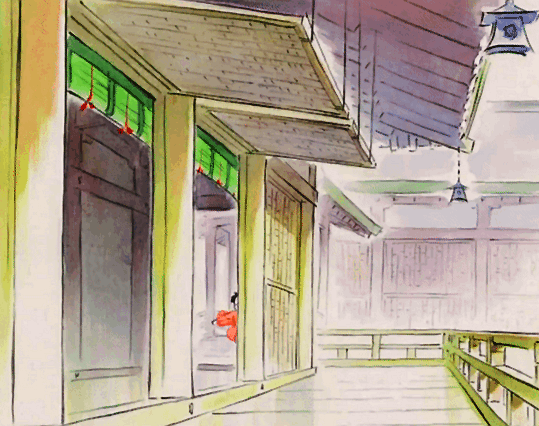
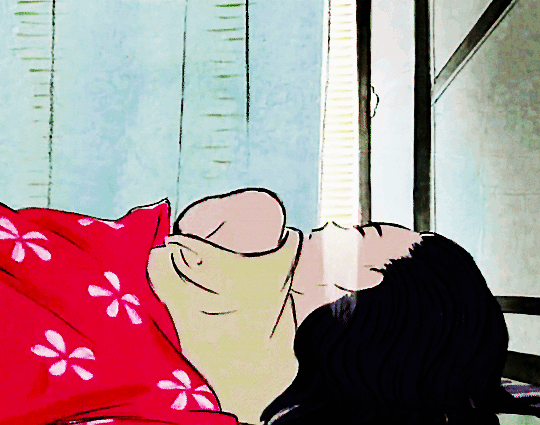
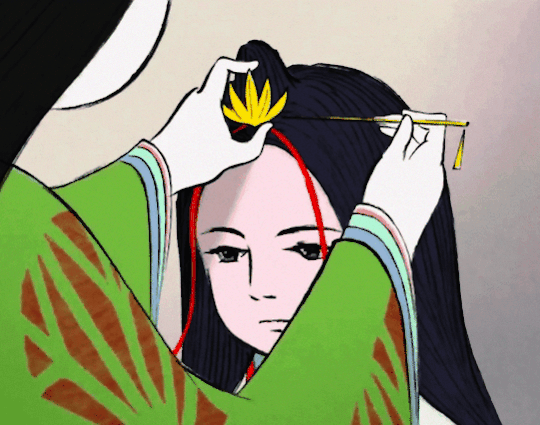
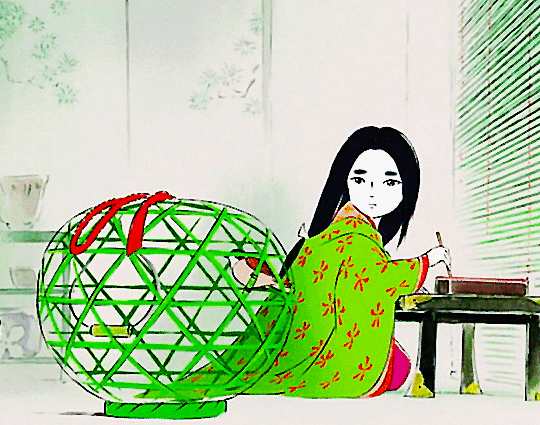
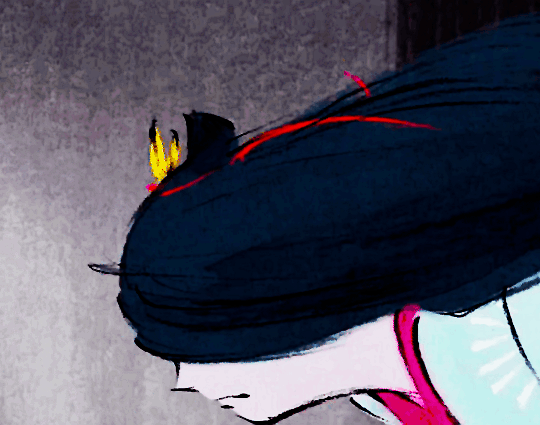
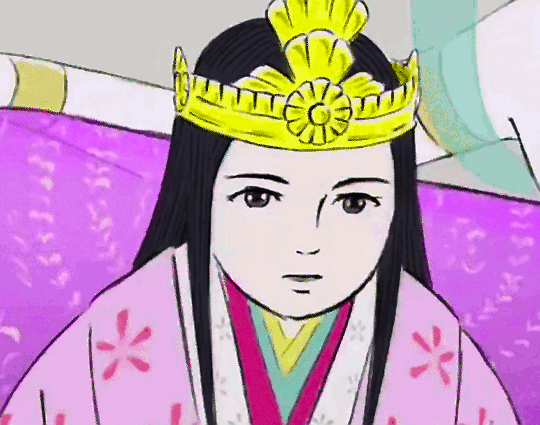
Lifetimes come and go in turn…
The Tale of Princess Kaguya (2015) dir. Isao Takahata
↳ Kaguya through the years
#the tale of princess kaguya#isao takahata#studio ghibli#studioghibliedit#dailystudioghibli#worldcinemaedit#dailyanimatedgifs#animationsource#ghiblifilm#animeedit#filmgifs#ghibligif#princess kaguya#kaguya hime no monogatari#ellisgifs#absolutely heartbreaking hahaha 💀#queue
1K notes
·
View notes
Text

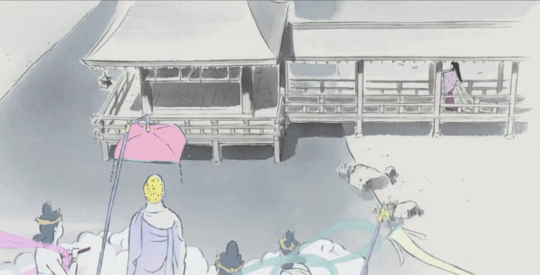
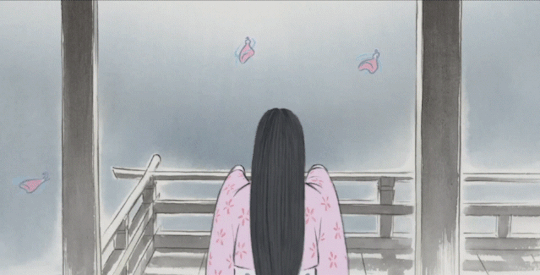
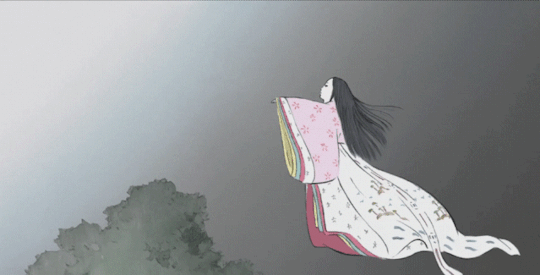
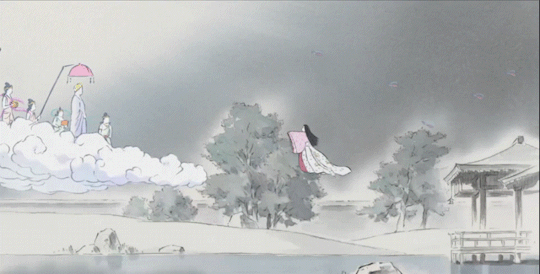
#the tale of princess kaguya#studio ghibli#ghiblicore#kaguya-hime#princess kaguya#isao takahata#kaguya hime no monogatari#o conto da princesa Kaguya
288 notes
·
View notes
Photo
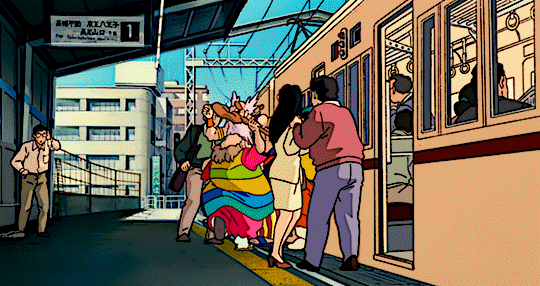
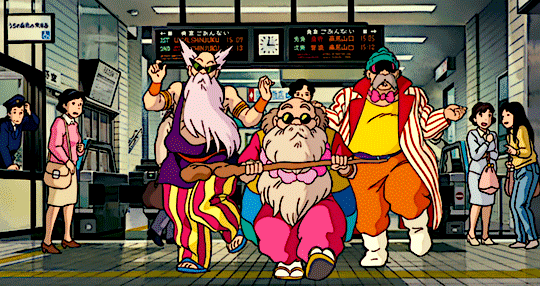
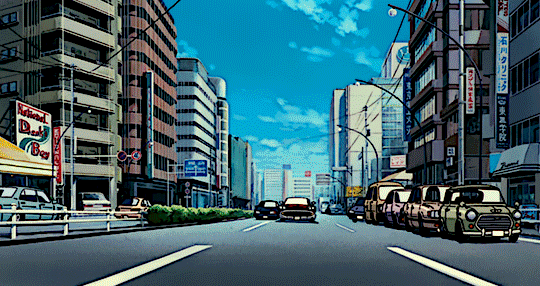

POM POKO (1994) dir. Isao Takahata
2K notes
·
View notes
Photo

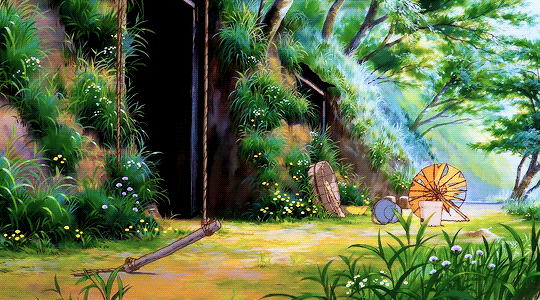

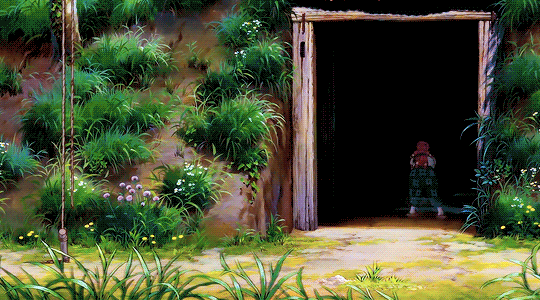


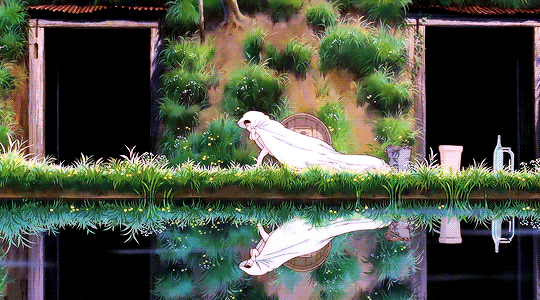

“She never woke up again.”
#mygifs#filmanimedit#ghibliedit#gotffedit#grave of the fireflies#火垂るの墓#setsuko#isao takahata#studio ghibli#studioghiblishy#studioghifli#ghibli-collector#dailyghibli#ghiblis#ghiblicentral#ghiblisdaily#minimalistsource#animationsource#animationdaily
677 notes
·
View notes
Photo

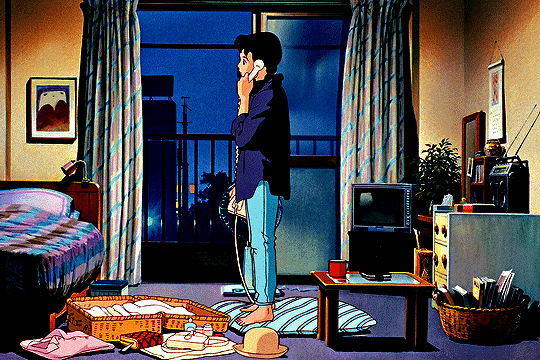
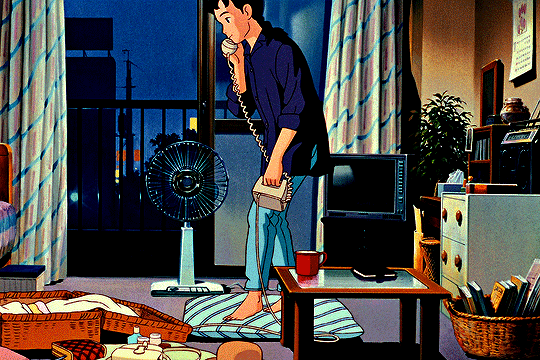
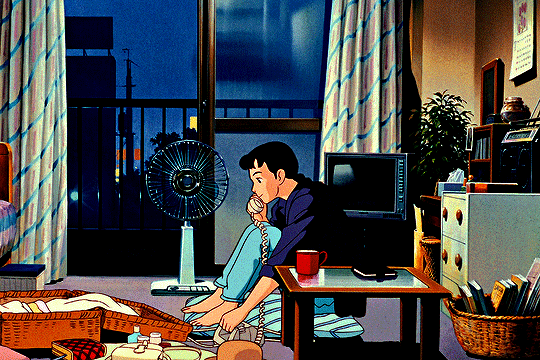
Only Yesterday おもひでぽろぽろ, 1991
dir. Isao Takahata
#studioghibliedit#moviegifs#fyeahmovies#dailyanimatedgifs#animationsdaily#chewieblog#ghiblifilm#tuserdana#usersugar#only yesterday#isao takahata#*gifs#by vicky#~
2K notes
·
View notes
Text
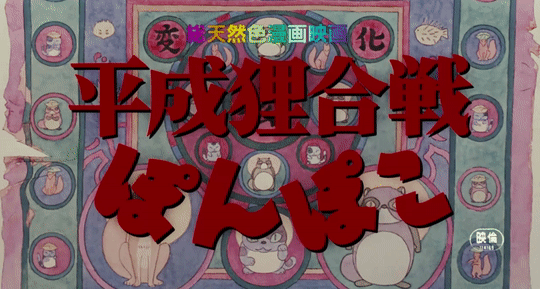



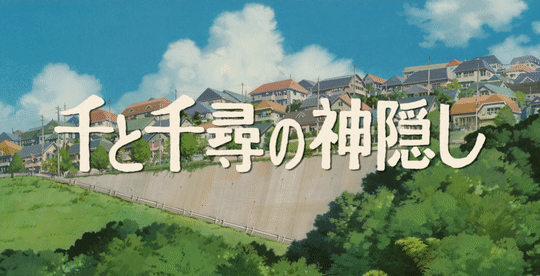

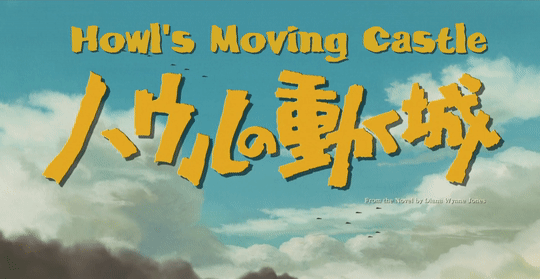

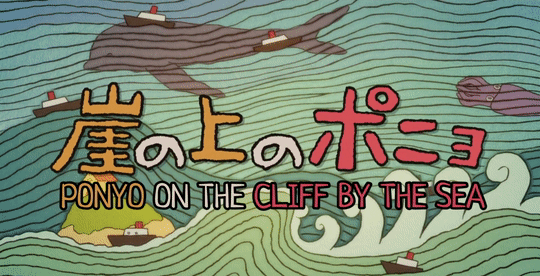

Studio Ghibli Title Cards, Part 2
"Pom Poko" ("Heisei tanuki gassen ponpoko") (1994)
Directed by Isao Takahata
(Anime/Comedy/Drama)
.
.
"Whisper Of The Heart" ("Mimi wo sumaseba") (1995)
Directed by Yoshifumi Kondô
(Anime/Drama/Romance)
.
.
"Princess Mononoke" ("Mononoke-hime") (1997)
Directed by Hayao Miyazaki
(Anime/Action/Fantasy)
.
.
"My Neighbors The Yamadas" ("Hôhokekyo tonari no Yamada-kun") (1999)
Directed by Isao Takahata
(Anime/Comedy/Family)
.
.
"Spirited Away" ("Sen to Chihiro no kamikakushi") (2001)
Directed by Hayao Miyazaki
(Anime/Adventure/Fantasy)
.
.
"The Cat Returns" ("Neko no ongaeshi") (2002)
Directed by Hiroyuki Morita
(Anime/Adventure/Comedy)
.
.
"Howl's Moving Castle" ("Hauru no ugoku shiro") (2004)
Directed by Hayao Miyazaki
(Anime/Adventure/Fantasy)
.
.
"Tales From Earthsea" ("Gedo senki") (2006)
Directed by Gorô Miyazaki
(Anime/Adventure/Fantasy)
.
.
"Ponyo" ("Gake no ue no Ponyo") (2008)
Directed by Hayao Miyazaki
(Anime/Adventure/Comedy)
.
.
"The Secret World Of Arrietty" ("Karigurashi no Arietti") (2010)
Directed by Hiromasa Yonebayashi
(Anime/Family/Fantasy)
#cinema title cards#cinema#film#comedy#fantasy#studio ghibli#hayao miyazaki#spirited away#howl's moving castle#ponyo#pom poko#princess mononoke#whisper of the heart#the cat returns#anime#hiromasa yonebayashi#goro miyazaki#yoshifumi kondo#isao takahata#gif#movie gif#movie gifs
254 notes
·
View notes
Text

Anne of Green Gables: Road to Green Gables (2010)
#anne of green gables#road to green gables#isao takahata#lucy maud montgomery#butterfly#butterflies#flowers#nature#naturecore#cottagecore#anime#my gifs
3K notes
·
View notes